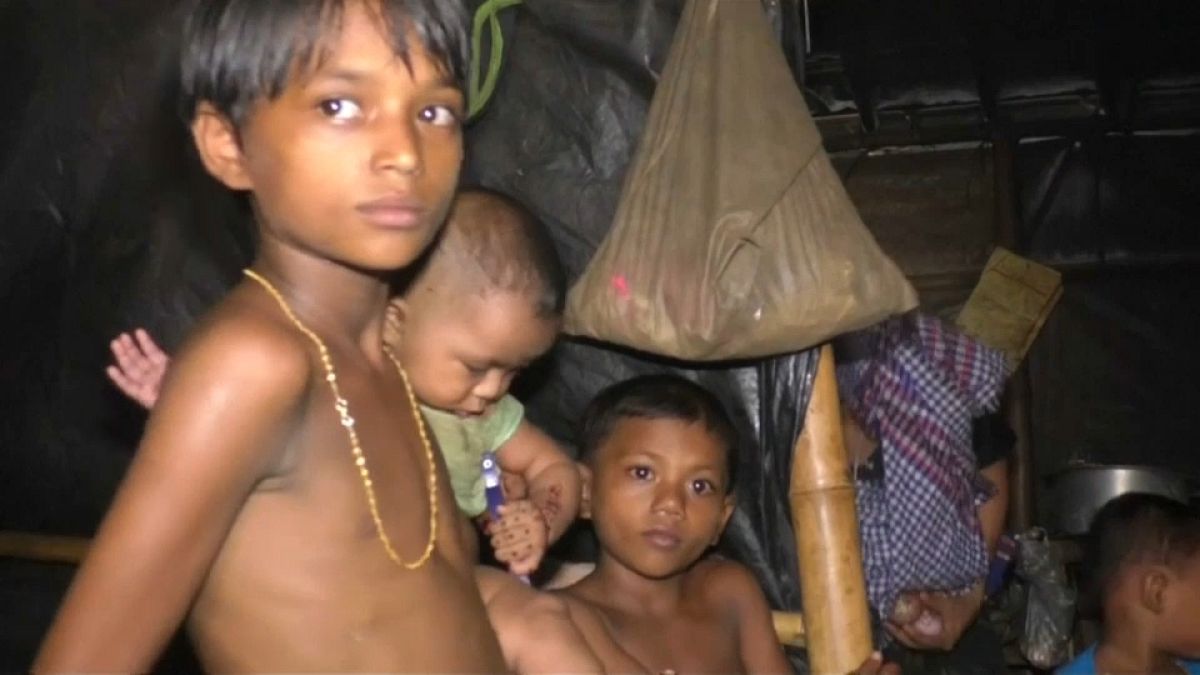That's the stark warning from the United Nations. It's exactly one year ago when 700,000 Rohingya fled to Bangladesh from Myanmar, fleeing a brutal crackdown by the military
It's exactly one year ago when 700,000 Rohingya fled to Bangladesh from Myanmar, fleeing a brutal crackdown by the military. During the weeks and months, the numbers grew into hundreds of thousands. One year on, it's now the world's largest refugee camp. And its residents still don't know what the future holds. They're lives remain in limbo.
Rashida Begum is a mother of an eight-month old says, "It has been one year since we have come here, and after four months of being here my son was born. He is now eight months old. I am now anxious about my son's future, where he can get an education? If we are sent back to Burma (Myanmar, formerly known as Burma) what will happen there? We are afraid. There is no education here and no hope of education there also. We just think about the future of my son. What will the situation be there? We don't know. I am worried. I don't see any future here and there is also no future there."
The Muslim Rohingya are viewed with suspicion by Myanmar's Buddhist majority and denied citizenship. The United Nations has warned of a "lost generation" of Rohingya children on both sides of the border. Denied an education in Bangladesh, the estimated half a million Rohingya children face danger and disease if they return home.
Knut Ostby, United Nations Resident Coordinator in Myanmar says, "Most importantly what needs to happen is that people need to have safety and security when they come back. They need to have freedom of movement. They need also to have a clear and predictable pathway to a citizenship, for those who are eligible. Basically, they need to be able to exist in society as normal people when they come back."
Myanmar's government says it's ready to accept returning refugees and has signed a repatriation agreement with UN agencies. But refugees say they fear for their safety.
